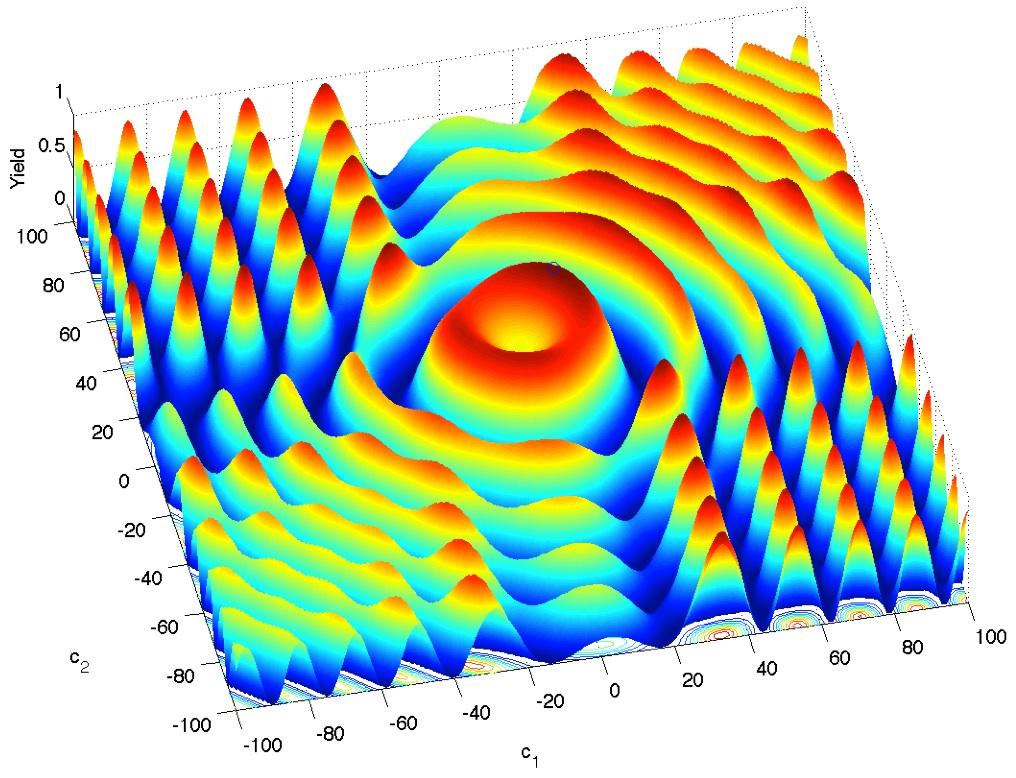Computational Quantum Physics
Electrons are so small and their movement so fast that we cannot follow their movement with instruments. On this scale (nanometres), strange things happen that can no longer be described by Newton's laws. This is the reality of Quantum Mechanics....
Main content
Fortunately, theoretical physicists have found a mathematical model for such quantum systems. The mysterious wave function contains all the information about the system. It is determined by a partial differential equation, Schrödinger's equation, so we "only" need to solve it to get a complete description of the system.
Unfortunately, we know the analytic solution of Schrödinger's equation only for the very simplest of systems. So for more interesting systems, we must resort to numerical solutions. We are therefore working to develop numerical methods for solving this equation.
Our friends, the physicists, want to experiment with their quantum systems by exposing them to various influences. Their "laboratory" is a numerical simulator. The various physical influences (typically realised in the form of an ultrafast laser) are described mathematically in the form of a potential operator.
This can take many different forms, and effective, efficient and accurate numerical methods vary greatly for different potentials.
Furthermore, the interesting systems are typically large systems with correspondingly high dimension. Thus, they quickly become extremely computationally difficult problems. To have a chance of solving these equations, it is important to use the best discretisation method, solve the resulting discrete problem with the fastest algorithms and implement them such that they can run efficiently on supercomputers (i.e. parallel computers with thousands of CPUs).
Our research activity takes place in collaboration with a group in the Department of Physics and Technology, and we are a part of the umbrella organisation Bergen Computational Quantum Physics Group, where you can read more about our activities.
Interested? Contact Tor Sørevik, Hans Munthe-Kaas or Antonella Z. Munthe-Kaas.
